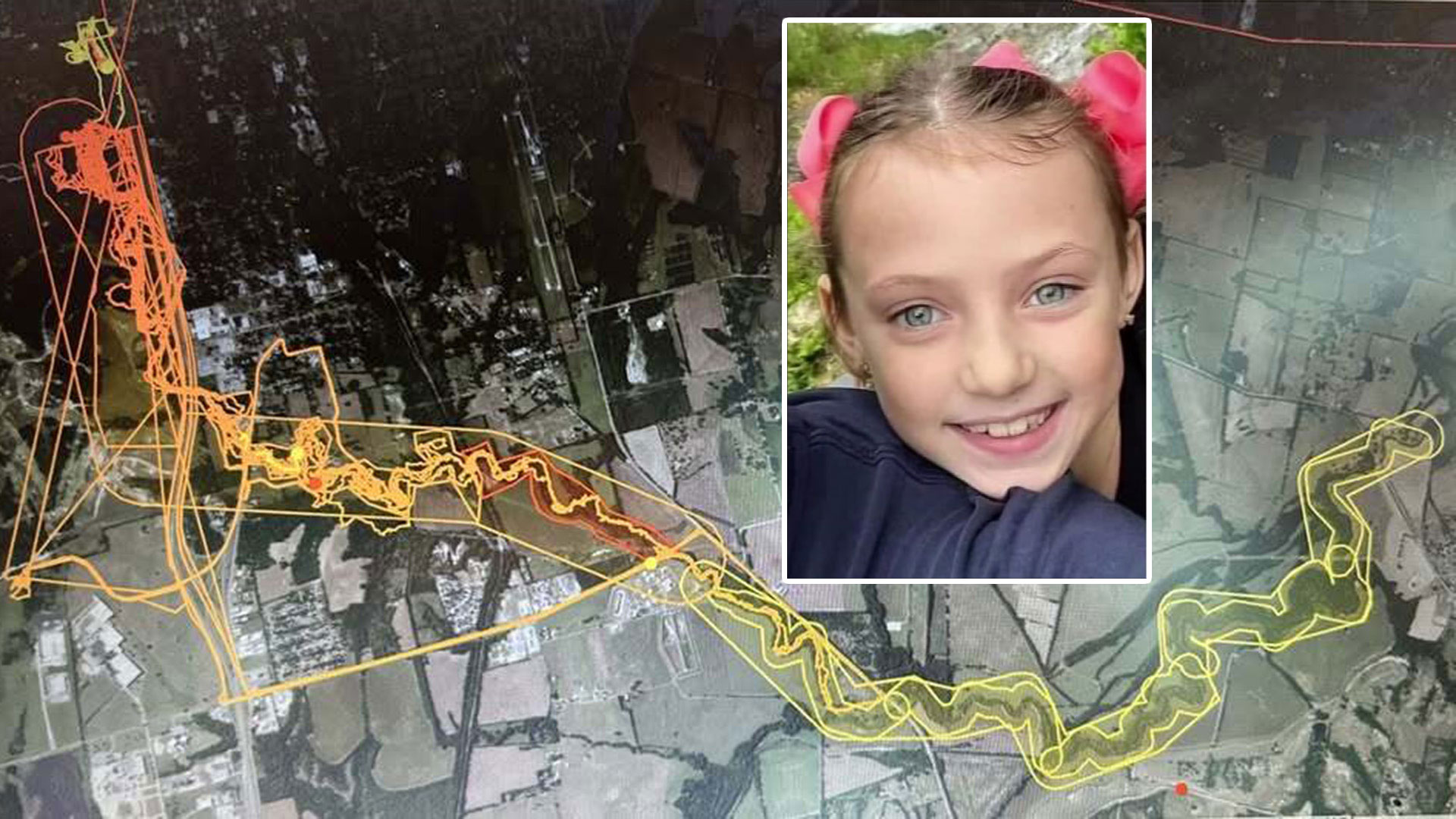On Monday, there will be a new resource in Dallas County’s fight against drug overdoses. NBC 5’s Maria Guerrero has more on a hotline aimed at providing families and healthcare providers with life-saving education and resources.
As the fentanyl crisis continues to devastate communities across the country, an effort to prevent life-threatening overdoses will soon be one phone call away in Dallas County.
Dallas County Health and Human Services and North Texas Poison Center will be launching a new Overdose Prevention Hotline on Monday
The hotline: 214-590-4000, will be free, confidential and open to the public and healthcare providers in Dallas County will be available 7 a.m. to 11 p.m. daily.
This effort is an extension of the poison center that is operated inside Parkland Hospital.
Get top local stories in DFW delivered to you every morning. >Sign up for NBC DFW's News Headlines newsletter.
Healthcare specialists will help provide information on available resources to treat overdoses, like overdose reversal medications, and information on treatment centers, even for those without health insurance.
According to a press release, the hotline will offer guidance on buprenorphine treatment, a medication-assisted therapy that can help manage opioid addiction, and referral to other substance use treatment resources. By providing a readily accessible hotline, the teams involved aim to expand people’s access to essential information and increase their knowledge about available resources.
“For the general public, it can provide information about resources, education, about opioids, like can find out where they get naloxone, where they can get treatment resources and other support,” said Dr. Philip Huang, MD, DCHHS Director. “For providers, it also helps them provide some consultation, maybe about when [it’s appropriate for] patients starting the medication-assisted treatment, or resources, again, connecting to resources.”
Local
The latest news from around North Texas.
Those with loved ones experiencing substance abuse can call to receive information about where to obtain medicine to potentially reverse opioid overdoses, like Naloxone.
Huang says while fentanyl continues to be the most prevalent opioid here at home, other overdoses are linked to cocaine use and other stimulants.
To be clear, Doctor Philip Huang says the hotline is not for those experiencing or witnessing an active overdose.
Those calls should still go to 911.
Physicians will be on hand for some phone consultations.
Services will be available in English and Spanish.
“It's a tragic situation that we're dealing with in our community, and we want to provide all the resources and assistance that we can to address this,” said Huang.



